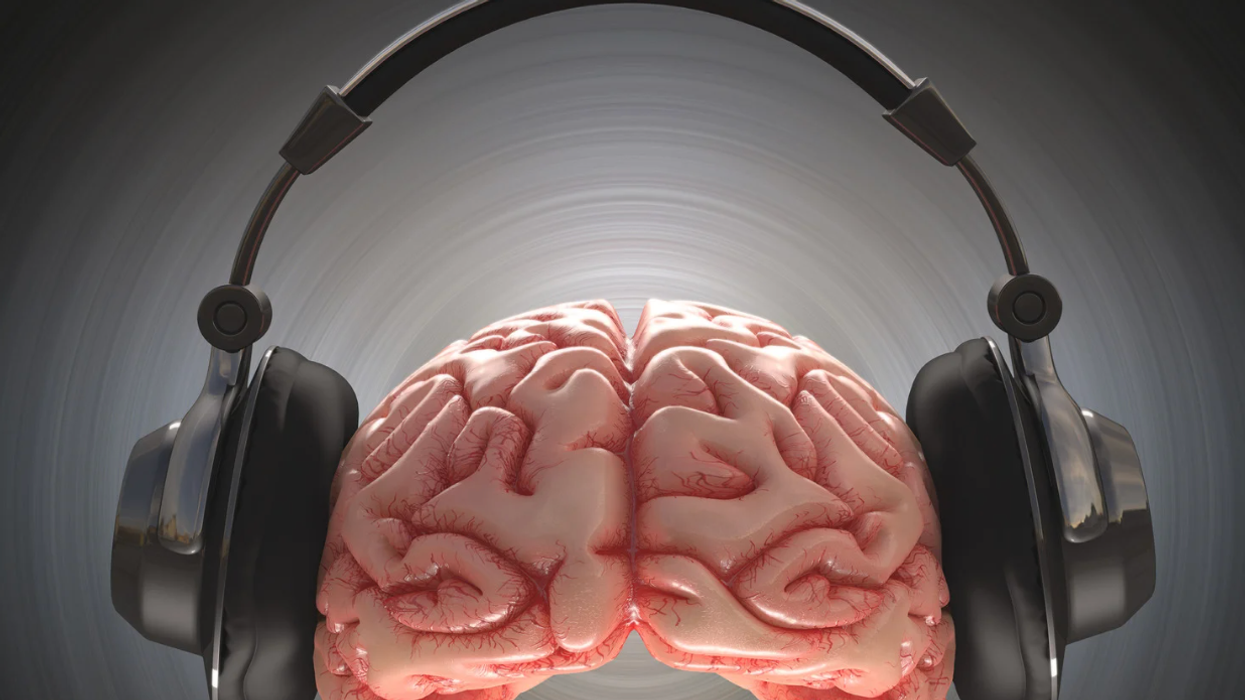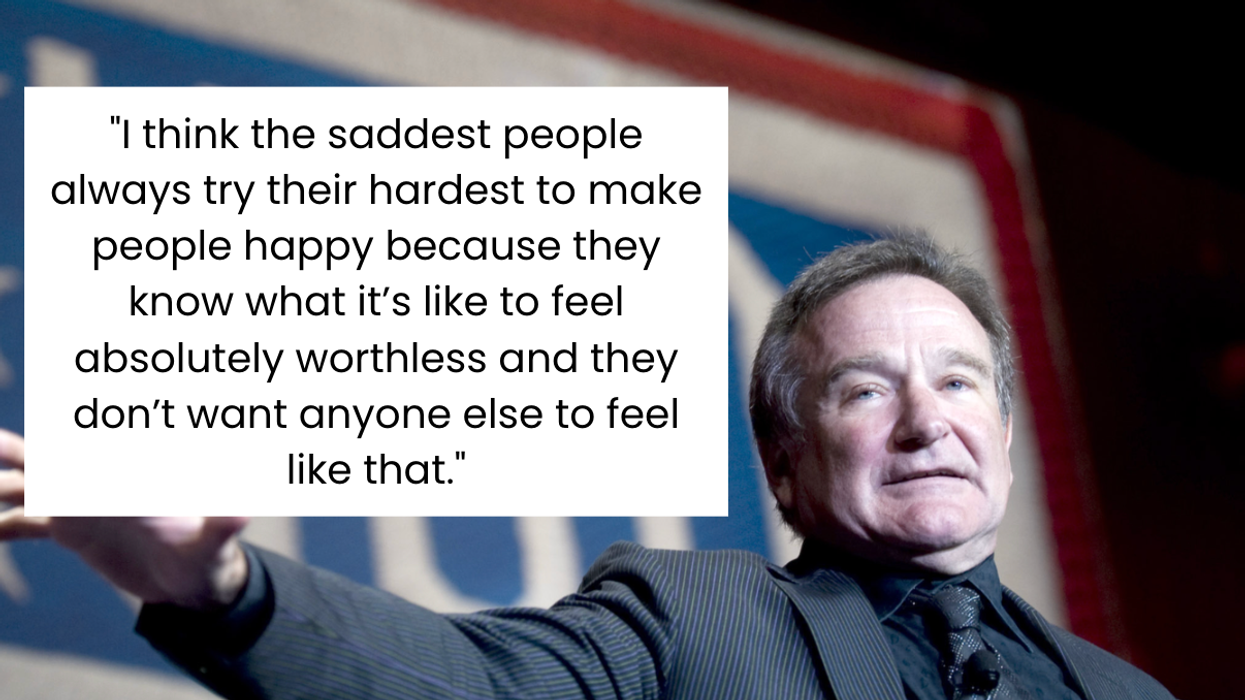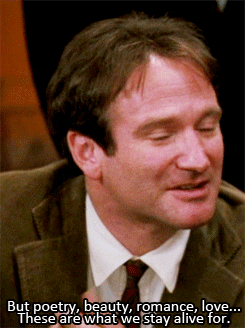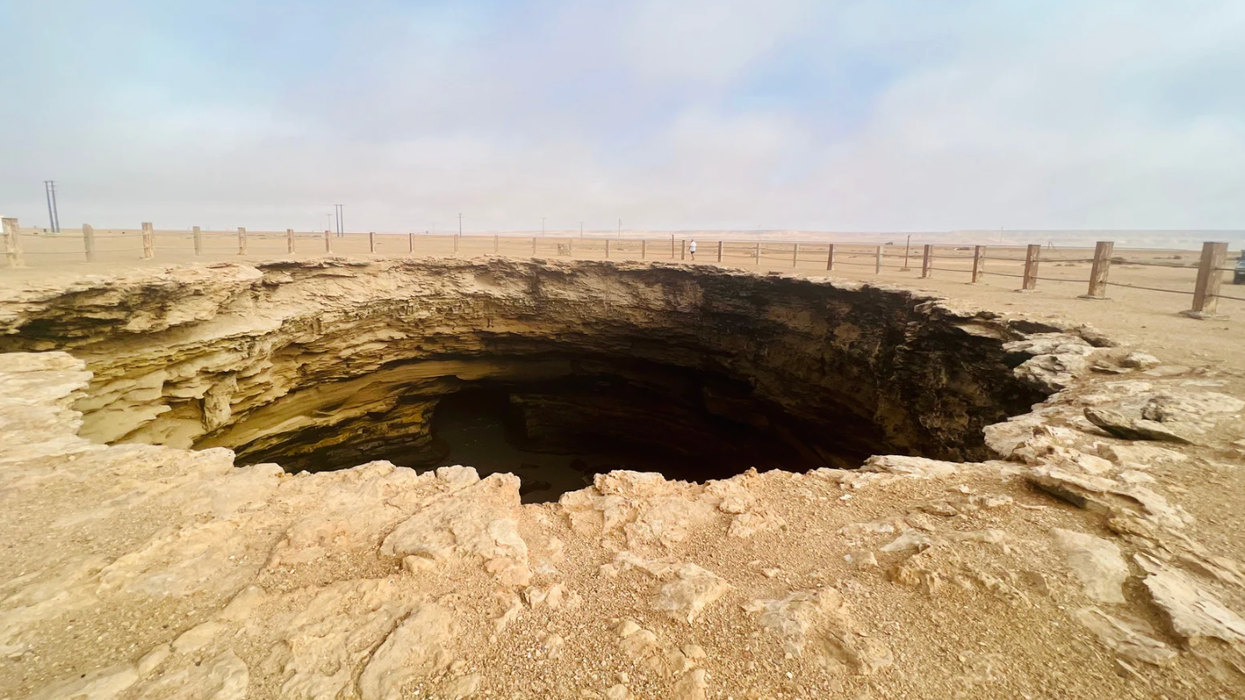There were 3.2 million girls playing high school sports in 2012, which was 10 times more than when anti-discrimination measure, Title IX, was enacted 40 years earlier. The measure, which establishes equal access protections in athletics and academics—along with other key protections—also spurred female participation in collegiate sports to rise 225 percent to 212,000 over the past 35 years.
Meanwhile, the United States’ women’s World Cup soccer team (USWNT) attracted 3.3 million television viewers for its 2015 tournament opener against Australia, marking a 200-percent increase over the team’s first match in 2011.
In other words, women play sports. Women love sports. Men and women alike follow women’s sports. But you’d never know it based on most mainstream sports coverage. Despite the increase in interest and participation in women’s sports, television coverage hasn’t budged over the last 25 years. Some mind-boggling stats:
•Forty percent of athletes are female, yet men’s sports receive 96 to 98 percent of the coverage
•ESPN’s SportsCenter devoted just 2 percent of its coverage to women’s sports in 2014, roughly unchanged since 1999
•Network affiliates saw their coverage of women’s sports drop from 6.3 percent in 2004 to 1.6 percent in 2009
We here at GOOD Sports are flipping that script. We always aim to tell compelling, impactful stories about sports as a tool for progress, regardless of a subject’s gender. But for the next four weeks in the month of December, we will dedicate the overwhelming majority of our coverage to women’s sports.
Incidentally, the USWNT has been battling for pay equal to or greater than the U.S. men’s team. Their current deal with U.S. Soccer expires on December 31. We acknowledge and respect that effort, as well as similar efforts, and we look forward to playing a small part in providing women’s sports—through December 31 and beyond—the coverage they deserve.
















 Robin Williams performs for military men and women as part of a United Service Organization (USO) show on board Camp Phoenix in December 2007
Robin Williams performs for military men and women as part of a United Service Organization (USO) show on board Camp Phoenix in December 2007 Gif of Robin Williams via
Gif of Robin Williams via 
 People on a beautiful hike.Photo credit:
People on a beautiful hike.Photo credit:  A healthy senior couple.Photo credit:
A healthy senior couple.Photo credit:  A diverse group of friends together.Photo credit:
A diverse group of friends together.Photo credit:  A doctor connects with a young boy.
A doctor connects with a young boy.  Self talk in front of the mirror.Photo credit:
Self talk in front of the mirror.Photo credit:  Lightbulb of ideas.Photo credit
Lightbulb of ideas.Photo credit 

 Superstructure of the Kola Superdeep Borehole, 2007
Superstructure of the Kola Superdeep Borehole, 2007 

